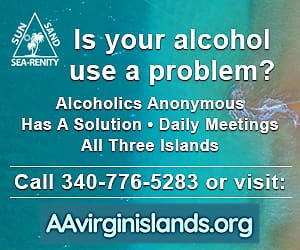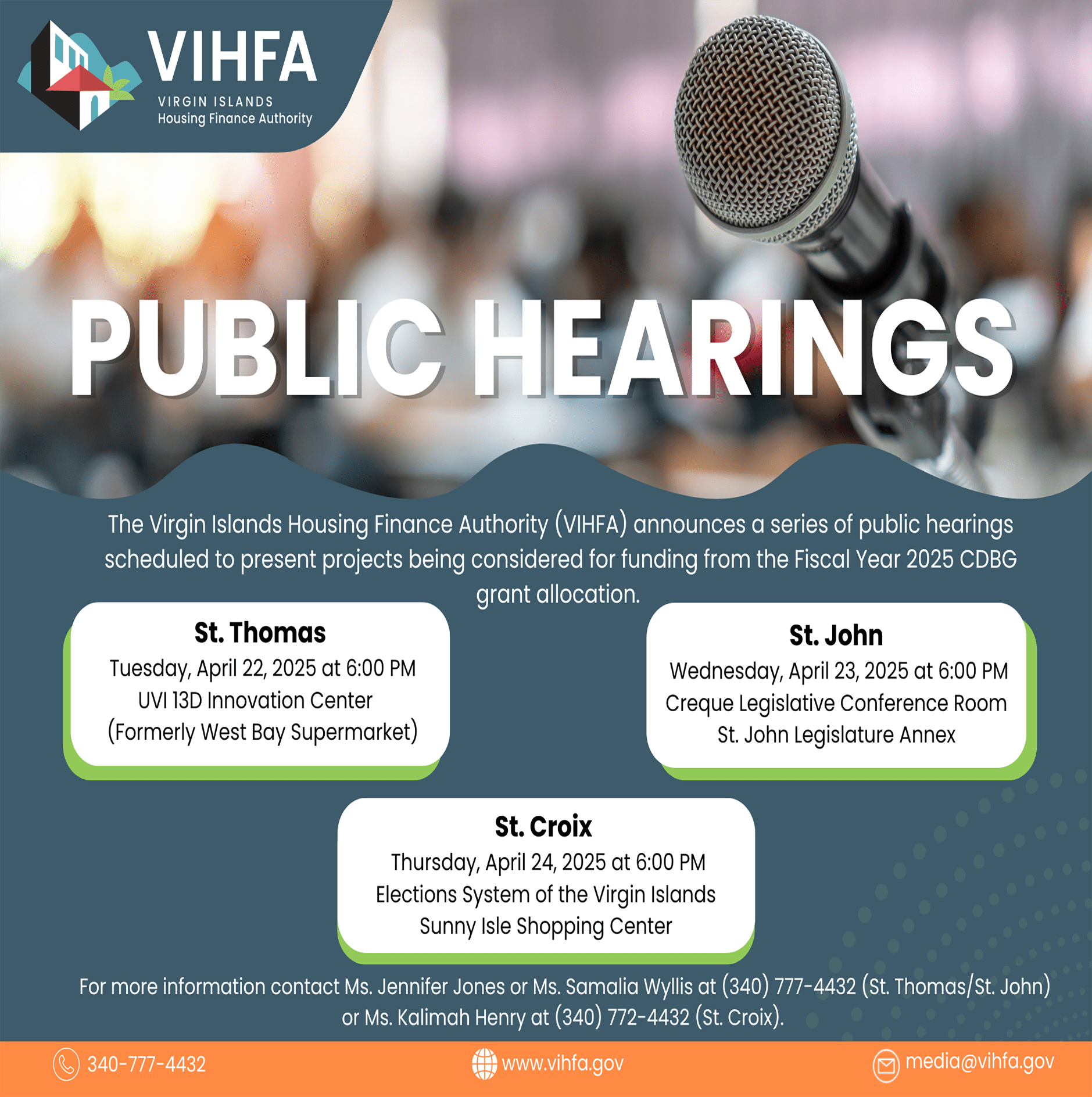Long before sweeping federal changes took effect, the Virgin Islands Health Department had already begun preparing. With pandemic-era funding set to expire, the department reassigned positions, secured alternate grants, and worked to shield essential services from disruption. But even with proactive planning, the territory is now feeling the weight of more than $3 million in federal cuts — particularly in areas critical to prevention and immunization.

The reductions stem from a broad rollback of nearly $12 billion in public health funding by the U.S. Department of Health and Human Services. Originally distributed to boost vaccination rates, support behavioral health, and expand staffing during the COVID-19 emergency, the grants were always intended to be temporary. Federal officials say the rollback reflects a return to long-term public health priorities — but for smaller jurisdictions like the Virgin Islands, the shift has left critical programs vulnerable.
According to Health Commissioner Justa Encarnacion, the territory faces a funding shortfall of $3.3 million: $2.7 million cut from immunization efforts and $751,336 from behavioral health. Twelve positions were affected, including one Licensed Practical Nurse who provided vaccinations and clinical care at the St. Thomas Community Health office. Five open positions in the Division of Immunization, originally intended to support a transition of the Health Disparities Team toward vaccination outreach, will now remain unfilled.
“The impact really goes to immunization,” said Encarnacion. “It’s critical for us because whatever we needed to do to increase vaccination levels throughout the territory — that’s where we’re feeling it.” She noted that the department will now rely more heavily on local resources to continue prevention work.
“We have to work a little harder to find long-term support for those positions,” she said.
Behavioral health services also came under strain, but the department was able to shift those roles under different federal funding streams. Two therapists, a case manager, and a psychiatrist had been covered by temporary grants. “The psychiatrist was our top priority,” said Encarnacion. “And we had already started planning for this shift months ago.” She added, “We are blessed to have other grant funding, so we’ve been able to shift that over — not losing the staffing.”
The territory’s experience mirrors what is unfolding across the country. In Connecticut, public health officials warned of a $150 million loss that could reduce data sharing, scale back vaccination efforts, and lead to staff shortages. In California, state agencies say federal funding for COVID-19 testing and surveillance was halted with little notice, forcing them to reassess how to maintain critical services.
These funding challenges come at a time when the United States is witnessing a significant resurgence of measles cases. As of March 2025, the Centers for Disease Control and Prevention (CDC) reported 378 confirmed measles cases across 18 jurisdictions, surpassing the total number of cases in 2024.
The largest outbreak has been in Texas, particularly in the South Plains and Panhandle regions, with 327 cases identified since late January. This outbreak has resulted in 40 hospitalizations and one fatality — a school-aged child who was not vaccinated.
Health officials attribute the resurgence to declining vaccination rates and are also most concerned about children under 12 months who are not yet able to get the vaccine. Measles is highly contagious and can lead to severe complications, especially in children. The CDC recommends the MMR (measles, mumps, and rubella) vaccine, which is 97% effective in preventing measles.
In light of these developments, Encarnacion has emphasized the importance of maintaining robust immunization programs in the Virgin Islands. “We must remain vigilant and ensure our communities are protected against preventable diseases,” she said. “Despite the funding challenges, our commitment to public health and safety remains unwavering.”










